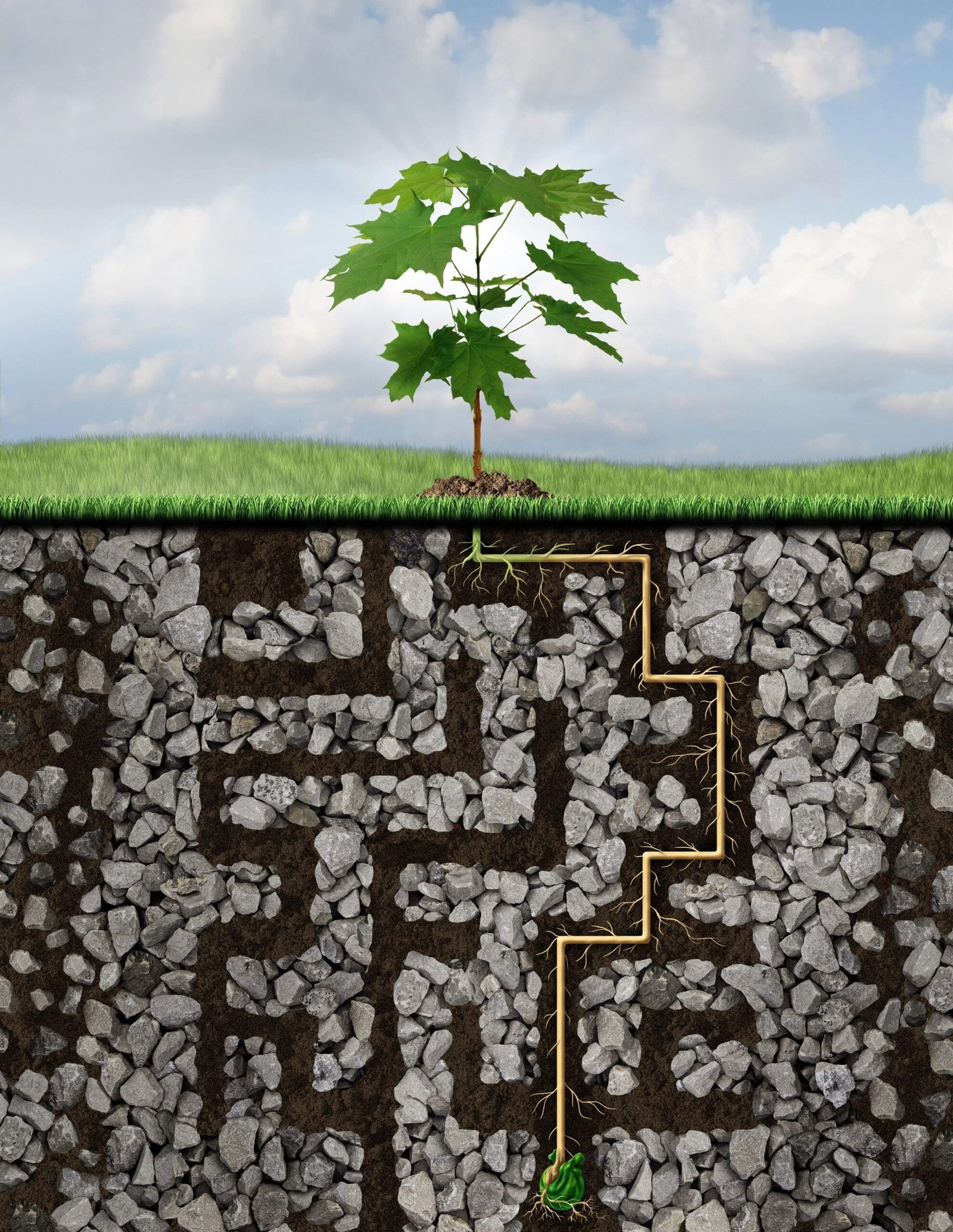Understanding the psychological forces that drive our behaviors can profoundly impact how we connect with others, both in our personal lives and within broader social dynamics. These internal motivators often operate beneath the surface, influencing our decisions, reactions, and relationship patterns without us even realizing it. The Six Human Needs framework, popularized by Tony Robbins, identifies six universal needs that every human seeks to fulfill in different ways. These needs are not merely desires; they are fundamental drivers that shape our emotions, behaviors, and interactions with others.
While everyone shares these needs, the intensity and priority we assign to each one differ from person to person. For example, some may place a higher value on stability and predictability, while others crave constant novelty and change. These differences can deeply influence how we form and maintain relationships, manage conflict, and experience personal fulfillment. Recognizing how these needs show up in your life is the first step toward greater self-awareness and healthier connections. By understanding and addressing these needs, we can create more meaningful, authentic, and resilient relationships that support both personal growth and emotional well-being.

- Certainty: The need for safety, stability, and comfort. In relationships, this translates to predictability and reassurance—knowing your partner is dependable and emotionally consistent. People with a strong need for certainty may seek routines, clear expectations, and stability in their connections.
- Variety: The need for novelty, change, and stimulation. While certainty provides comfort, variety keeps relationships exciting. This could mean trying new activities together, exploring different experiences, or simply keeping conversations fresh and engaging.
- Significance: The need to feel important, valued, and special. This need drives us to seek recognition and acknowledgment from others, especially our partners. Feeling heard, respected, and appreciated fosters a sense of significance within the relationship.
- Connection and Love: The need for emotional intimacy and closeness. This is the heart of all relationships, whether romantic, familial, or platonic. It involves genuine bonding, vulnerability, and emotional safety—feeling deeply understood and accepted by another person.
- Growth: The need for personal development and learning. Healthy relationships encourage both partners to grow individually and together. This could involve pursuing personal goals, learning new skills, or expanding emotional intelligence.
- Contribution: The need to give beyond oneself and make a difference. In relationships, this manifests as acts of kindness, support, and nurturing—adding value to your partner’s life and feeling fulfilled through giving.
Our dominant needs often dictate how we show up in relationships, influencing how we communicate, respond to challenges, and connect emotionally with our partners. Understanding these needs not only fosters self-awareness but also helps us build healthier, more fulfilling connections. For example:
- Someone who prioritizes certainty may struggle with change, needing constant reassurance and clear expectations to feel secure. This can manifest as seeking predictability in routines, frequent check-ins, or needing verbal affirmations to confirm the relationship’s stability. While this creates a sense of safety, it can also lead to anxiety when faced with uncertainty.
- A person driven by variety might seek spontaneity and resist routine, craving new experiences, adventures, or dynamic changes within the relationship. This need for excitement can breathe life into partnerships but may cause friction if their partner values routine and stability more.
- Those craving significance may seek validation through achievements, roles, or recognition. They often feel fulfilled when acknowledged for their contributions or unique qualities. However, if this need is unmet, they might experience feelings of inadequacy, leading to insecurity or competitive dynamics within the relationship.
- Individuals who value connection and love deeply may be sensitive to emotional distance and prioritize closeness. They thrive on physical affection, quality time, and heartfelt conversations. If they sense disconnection, they might become anxious, seeking reassurance to restore emotional intimacy.
- People focused on growth might feel unfulfilled in stagnant relationships, constantly seeking opportunities for personal and mutual development. They are often motivated by learning new skills, self-improvement, or pursuing shared goals. Without growth, they may feel restless or disengaged.
- Partners driven by contribution often find meaning in supporting and uplifting their loved ones. They feel fulfilled when they can positively impact their partner’s life, offering help, guidance, or acts of service. However, if their efforts are overlooked or unappreciated, they may feel taken for granted, leading to resentment.
Understanding your own needs and your partner’s can help navigate conflicts, foster empathy, and strengthen your connection. For example, if one partner needs certainty while the other craves variety, recognizing these differences can lead to healthier compromises rather than misunderstandings. Instead of viewing these contrasts as obstacles, couples can see them as opportunities to create a balanced dynamic where both partners feel valued, understood, and supported.
Reflect on these questions to uncover your dominant needs:
- What do I value most in my relationships?
- When do I feel most fulfilled or dissatisfied?
- How do I respond to stress or change in relationships?
- Do I seek more stability, excitement, validation, connection, growth, or opportunities to give?
Recognizing which needs drive you can reveal patterns in your relationship behavior and highlight areas for growth.
While we all have these needs, imbalance can create challenges. Overemphasizing one need while neglecting others may lead to dissatisfaction. For example, focusing solely on certainty might make a relationship feel stagnant, while prioritizing variety without stability can create insecurity.
Healthy relationships strive to meet all six needs in balanced ways:
- Build routines that offer certainty while introducing new experiences for variety.
- Celebrate each other’s achievements to honor significance and practice daily acts of connection.
- Support each other’s personal growth while finding meaningful ways to contribute to one another’s lives.
Understanding this framework helps identify the dynamics within your relationships, allowing you to nurture connections that are both emotionally fulfilling and balanced.
Unmet needs often lead to conflict, resentment, or disconnection. Partners may seek fulfillment outside the relationship—emotionally, socially, or even physically. Recognizing unmet needs can prevent these issues and open the door for healing conversations.
Consider:
- Are there recurring conflicts rooted in unmet needs?
- How do you and your partner express or suppress these needs?
- What small changes can you make to support each other better?
Food for Thought:
Think of a person close to you, or your romantic partner, and reflect on these questions:
- Which needs are they fulfilling for me?
- Are there needs that I expect them to meet but haven’t communicated clearly?
- How do I show appreciation for the needs they do fulfill?
- Am I overly relying on this person to meet multiple needs that I could fulfill in other areas of my life?
Exploring these questions can provide valuable insights into the dynamics of your relationships, helping you identify areas of strength and opportunities for growth.
A relationship coach can help identify unmet needs, uncover patterns, and develop strategies to fulfill them constructively. Coaching fosters self-awareness, improves communication, and helps both partners feel seen and valued.
Understanding the Six Human Needs offers a roadmap for healthier, more fulfilling relationships. These needs act as the foundation for how we connect, communicate, and grow with others. When both partners are aware of their own needs and are willing to support each other, it fosters not just harmony but a deeper sense of mutual understanding and emotional security. This awareness allows couples to navigate challenges with empathy, recognizing that conflicts often stem from unmet needs rather than fundamental incompatibilities. As both partners actively work to meet each other’s needs, it creates a dynamic of growth, connection, and lasting intimacy, where the relationship becomes a space for both personal development and collective fulfillment. The key is not perfection but a continuous, conscious effort to nurture the bond through understanding, respect, and support for each other’s growing needs.
Book your
Relationship Clarity
Breakthrough Session
Ready to get clear on what’s keeping you stuck—and finally shift the emotional dynamic that’s been draining you?
The Relationship Clarity Breakthrough Session is a safe, high-impact space to explore what’s really going on and what’s possible when you stop trying to fix things from the surface and start reconnecting from the heart.
You’ll get a sense of how I work and how my approach can help you move forward. Together, we’ll dive into your current challenges, explore what’s really going on beneath the surface, and start identifying steps toward creating the connection, clarity, and fulfillment you’re seeking.
If you’ve been feeling stuck or unsure where to turn, this is your starting point.


